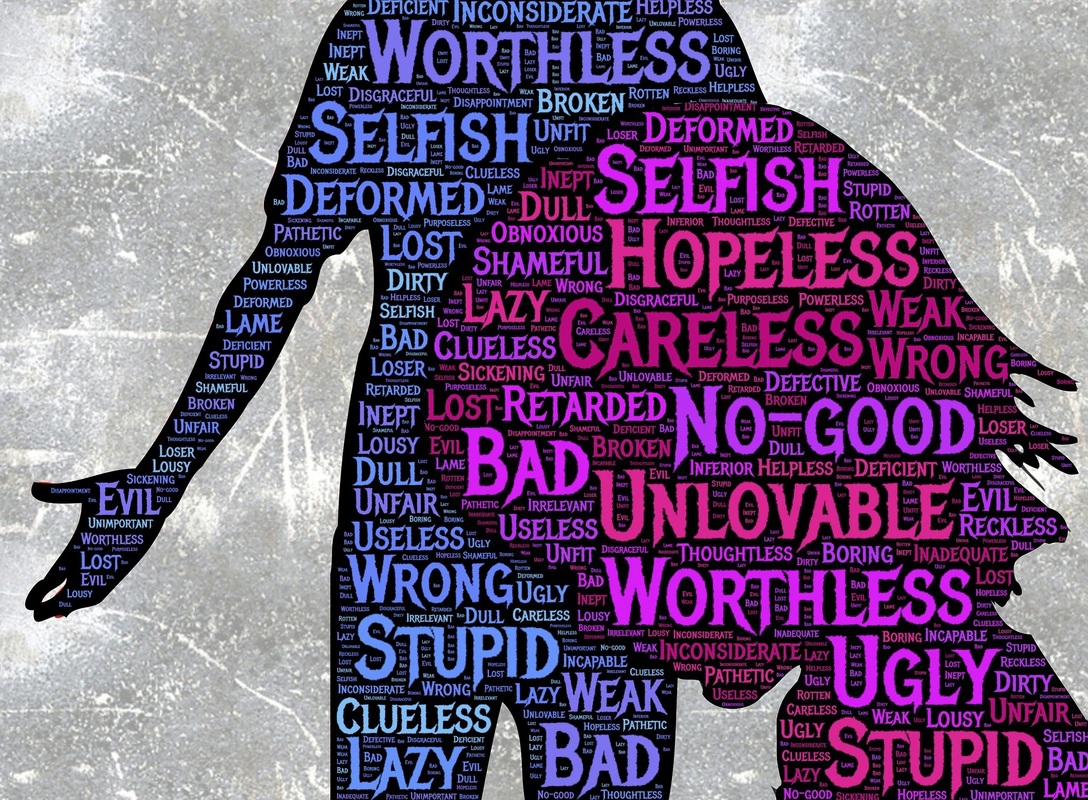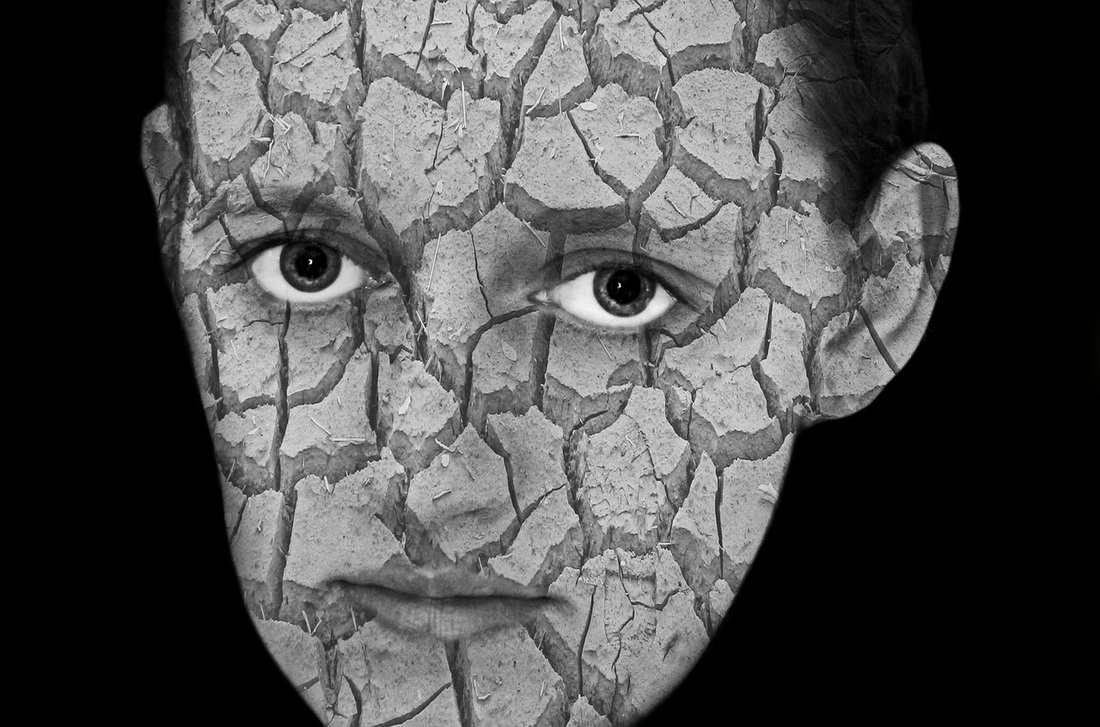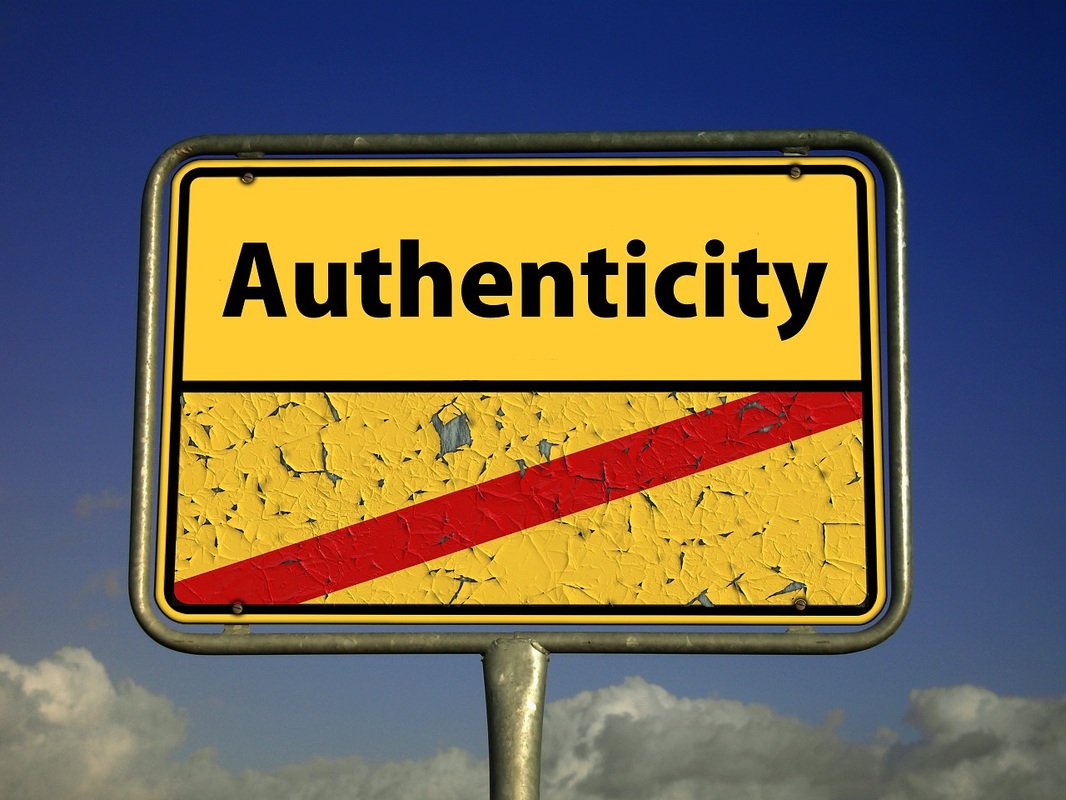But the loss of their camera in the robbery evoked intensely deeper emotions.
On that camera were family photos. Pictures of their two-year-old's birthday party. The visual announcement that they were expecting a new baby. Photos of a grandfather who may not be with them much longer. Images that cannot be replaced.
Stealing the camera made the perpetrators' violation infinitely more personal. It left our friends with a sick pain in the the pit of their stomachs; a shadowy uneasiness. Having their house broken into and their TV stolen made them feel defeated. Having their camera stolen made them feel defiled. It crossed a deeply personal boundary.
This scenario illustrates the difference between being abused and being sexually abused.
A past that includes verbal or physical abuse often evokes feelings of dismay, fear, sadness, anger, and helplessness. Such abuse is a clear violation. It is grossly unfair. Reprehensible. But, without minimizing the effects of verbal or physical abuse, experiencing sexual abuse is different.
Sexual abuse is personal. Those who have been abused sexually are left feeling desecrated, dishonored. Sexual abuse victims are robbed of treasures that cannot be replaced: value, dignity, innocence.
Perhaps the one thing that differentiates victims of sexual abuse from those who have been abused verbally or physically is a pervading, sometimes debilitating sense of shame. Sexual abuse should result in shame. But shame felt by the perpetrator. Yet all too often it is the victim who takes on shame. Shame that, sometimes decades after the abuse was inflicted, continues to break and enter their soul and steal their worth, security, and peace.
Victims of sexual abuse, particularly if the abuse occurred when they were children, often take on blame for what happened. They tell themselves that the abuse was their fault; that they somehow deserved it, or perhaps even invited it. And shame begins to cast its murky shadow over their lives.
Shame is dirty. It leaves a mark on people. But it's a mark that is often not visible to others. It is a smudge on a person's soul. Those who bear it feel filthy. And for the victim it is often a grossly undeserved consequence of having been sexually abused.
But there is good news. Help is available.
It is critical for those who have experienced sexual abuse to find a good therapist who will help them identify and process feelings they may have repressed for years. It is also important that those who have been abused learn how to set healthy boundaries in their lives--to say yes to people who will help them and no to relationships that will harm them.
But the key to finding lasting freedom from the horrific effects of sexual abuse is to conquer shame.
It is not God's intent for His children to live lives of pain, misery, and regret--the inevitable result of living in the shadow of shame. So He has set out to restore us. To make us new. To take what is wrong and make it right. To fix what is broken and make it whole again. It's what He does.
We silence the voice of shame when we not only hear but believe God's words of truth about us:
- You are good.
- You are prized.
- I delight in you.
- You matter deeply.
- You have incredible worth.
The more attuned we are to His tender voice, the more we will experience the healing we long for.










 RSS Feed
RSS Feed